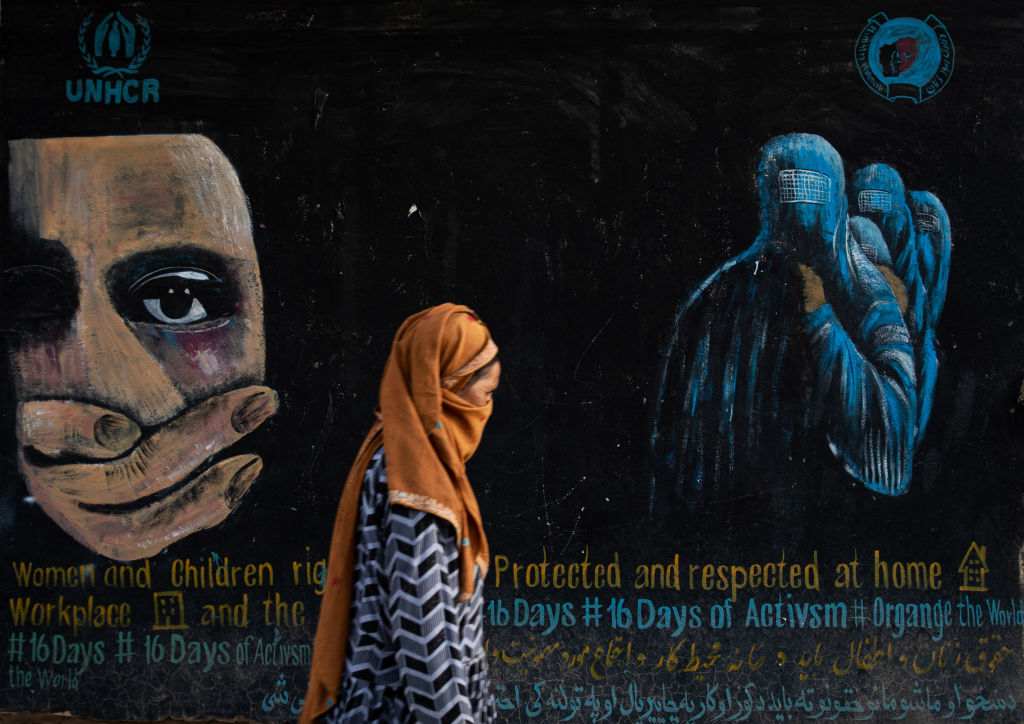
Artificial snow can slow but not stop glacier melt, says study

Artificial snow can slow down the melting of a glacier, but such projects are costly and do not stabilise the glacier, according to study of a project in south-eastern Switzerland.
“If we really want to save the glaciers, we had better start with climate protection,” said Matthias Huss, a glaciologist at the Federal Institute of Technology ETH Zurich.
He worked on a study into the impact of the first such glacier rescue project of its kind in the world, at the Morteratsch glacier in the Bernina region of canton Graubünden. The results are published in the March edition of the Swiss Association of Water Management magazine.
The “Mortalive” project was launched in February 2021, and the idea was simple: as long as the ice is covered with snow, it cannot melt. Snow has a higher reflectivity than bare ice, so the sun’s rays are reflected back and do not affect the melt.
According to the study, the Morteratsch Glacier will lose between 56% and 71% of its volume over the next 40 years without any external intervention. Artificial snowmaking could prevent a good third to a quarter of this loss by 2060. This would delay the decline of the glacier somewhat, but “in the long term, it’s just a drop in the ocean”, says Huss.
The costs are also high. Some CHF150 million ($164 million) would have to be invested to install a snowmaking system on the glacier. “In addition, the impact on the largely untouched nature of the Upper Engadine mountains would be considerable,” Huss said.

In compliance with the JTI standards
More: SWI swissinfo.ch certified by the Journalism Trust Initiative















![The four-metre-long painting "Sonntag der Bergbauern" [Sunday of the Mountain Farmers, 1923-24/26] had to be removed by a crane from the German Chancellery in Berlin for the exhibition in Bern.](https://www.swissinfo.ch/content/wp-content/uploads/sites/13/2025/12/01_Pressebild_KirchnerxKirchner.jpg?ver=a45b19f3)













You can find an overview of ongoing debates with our journalists here . Please join us!
If you want to start a conversation about a topic raised in this article or want to report factual errors, email us at english@swissinfo.ch.